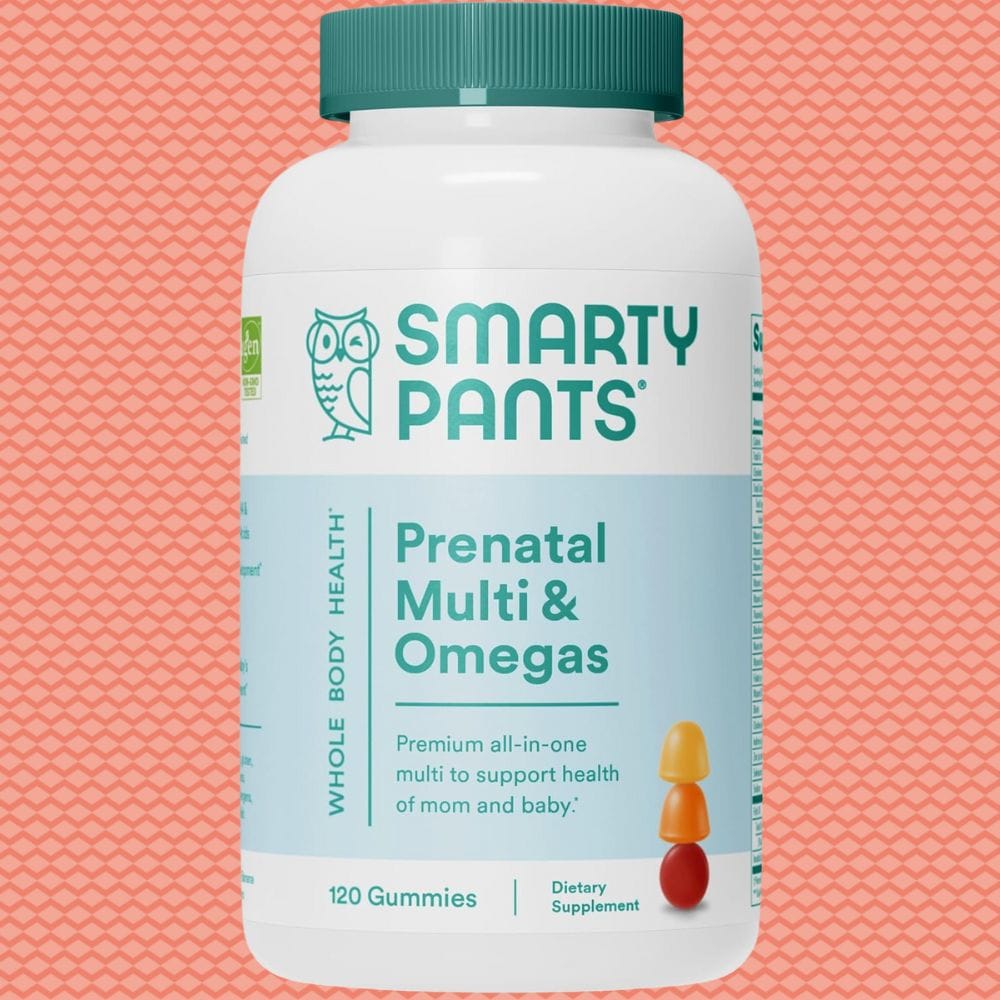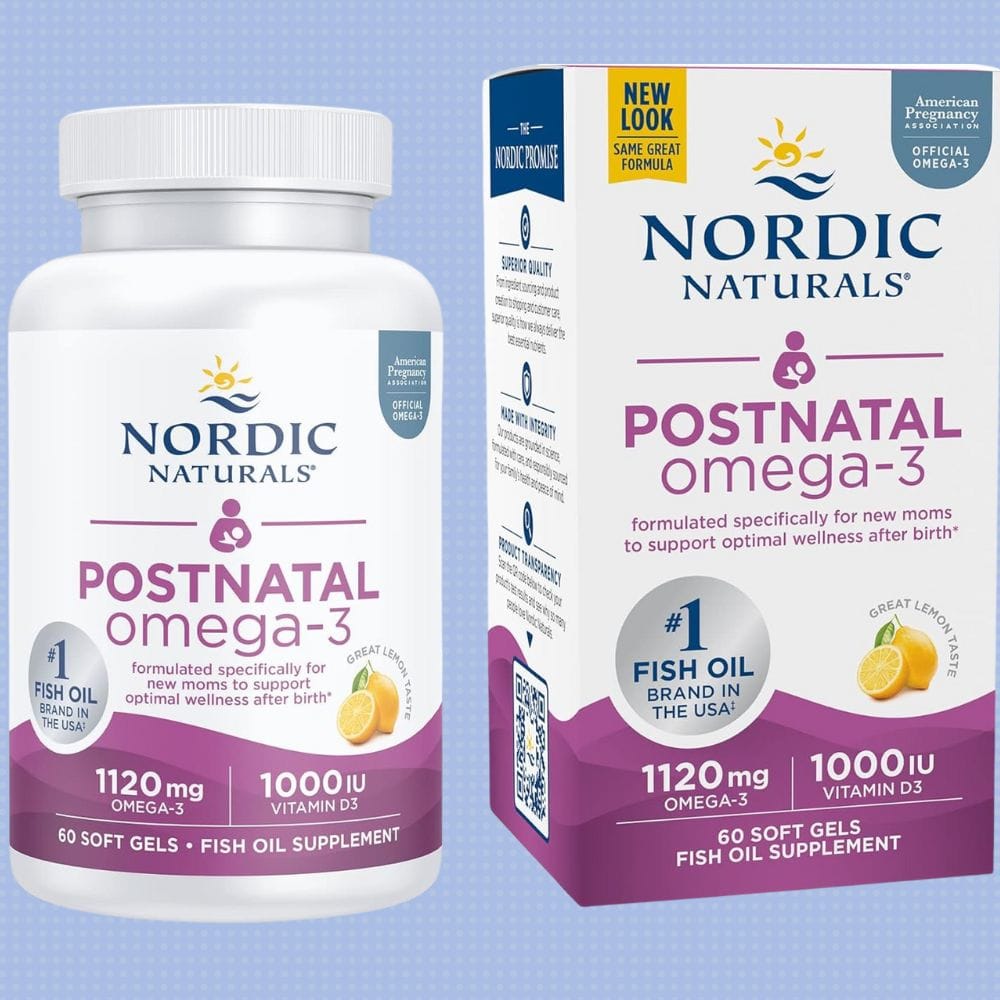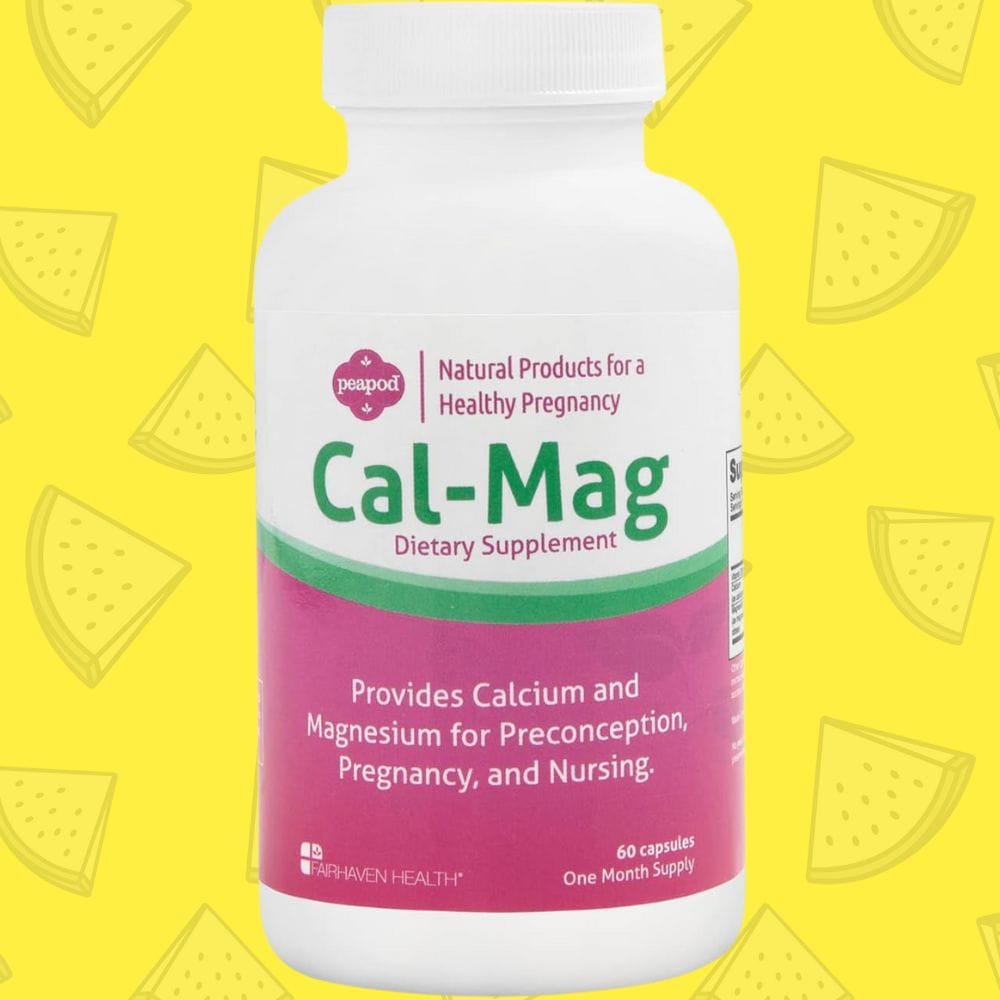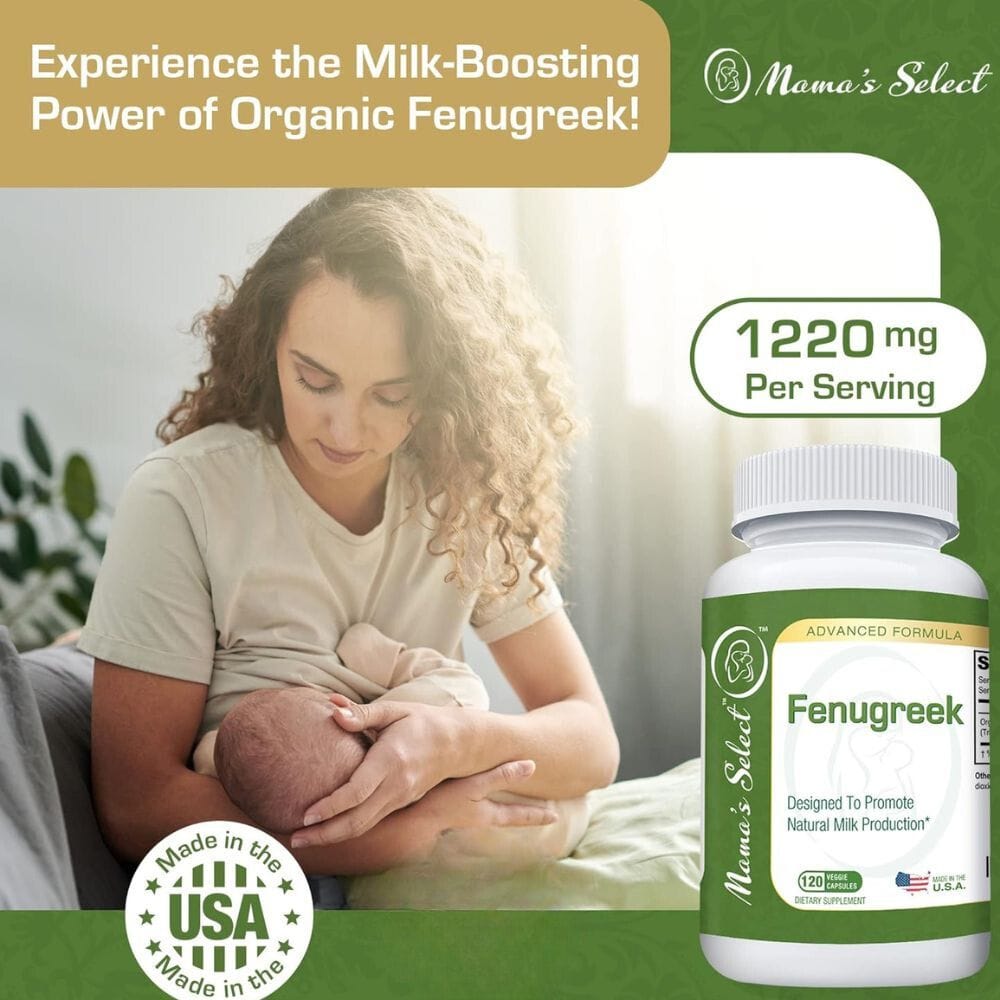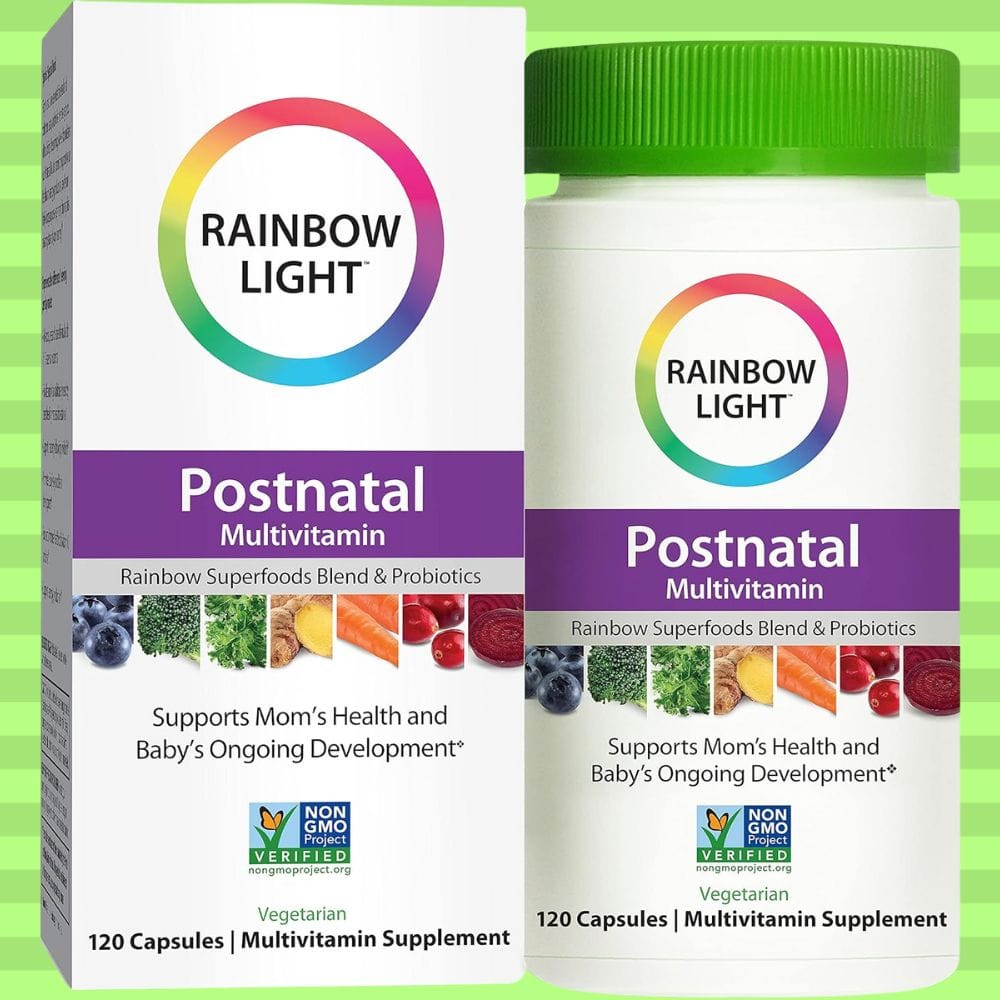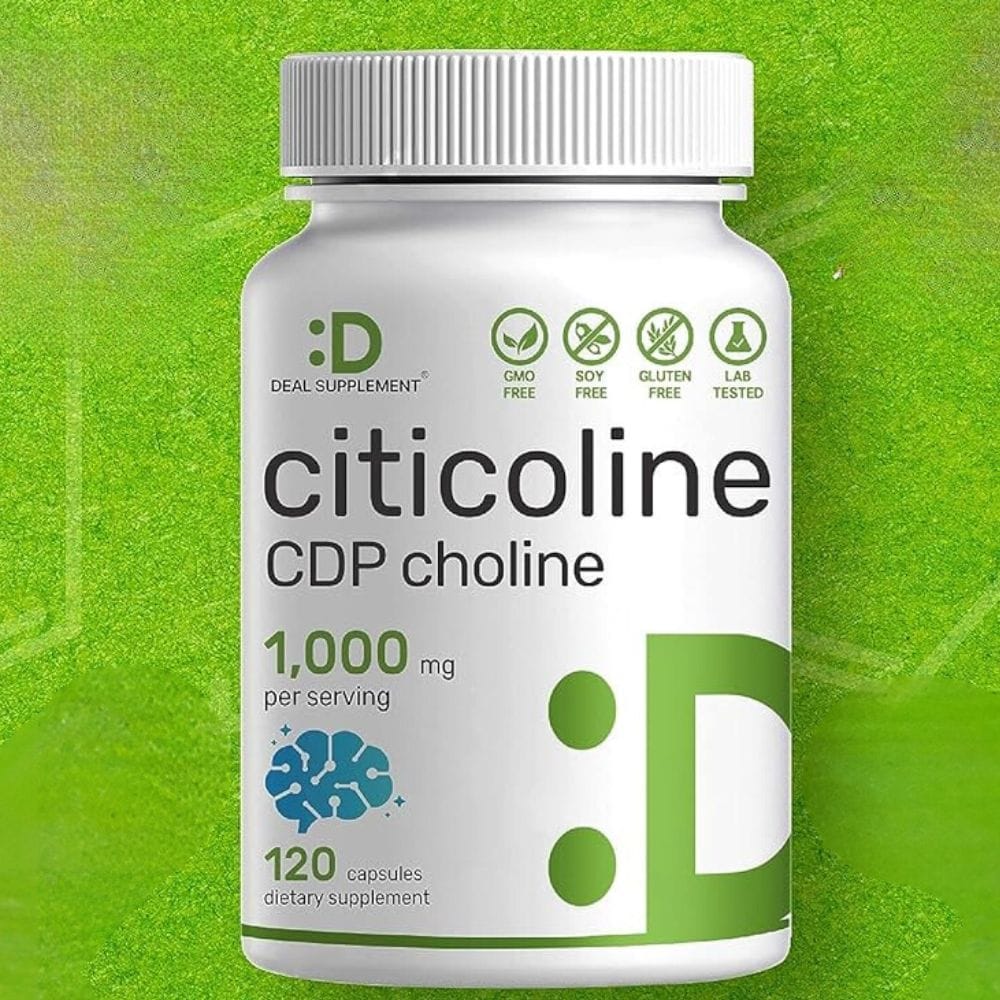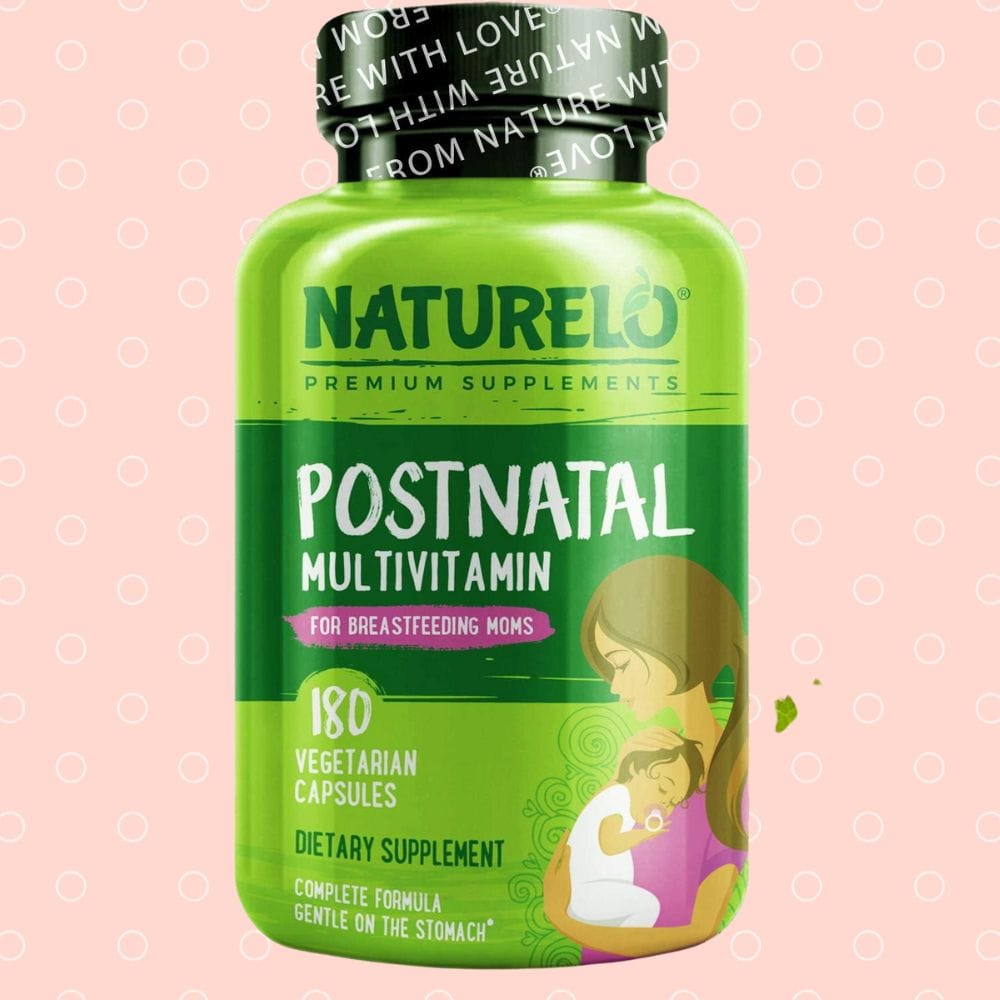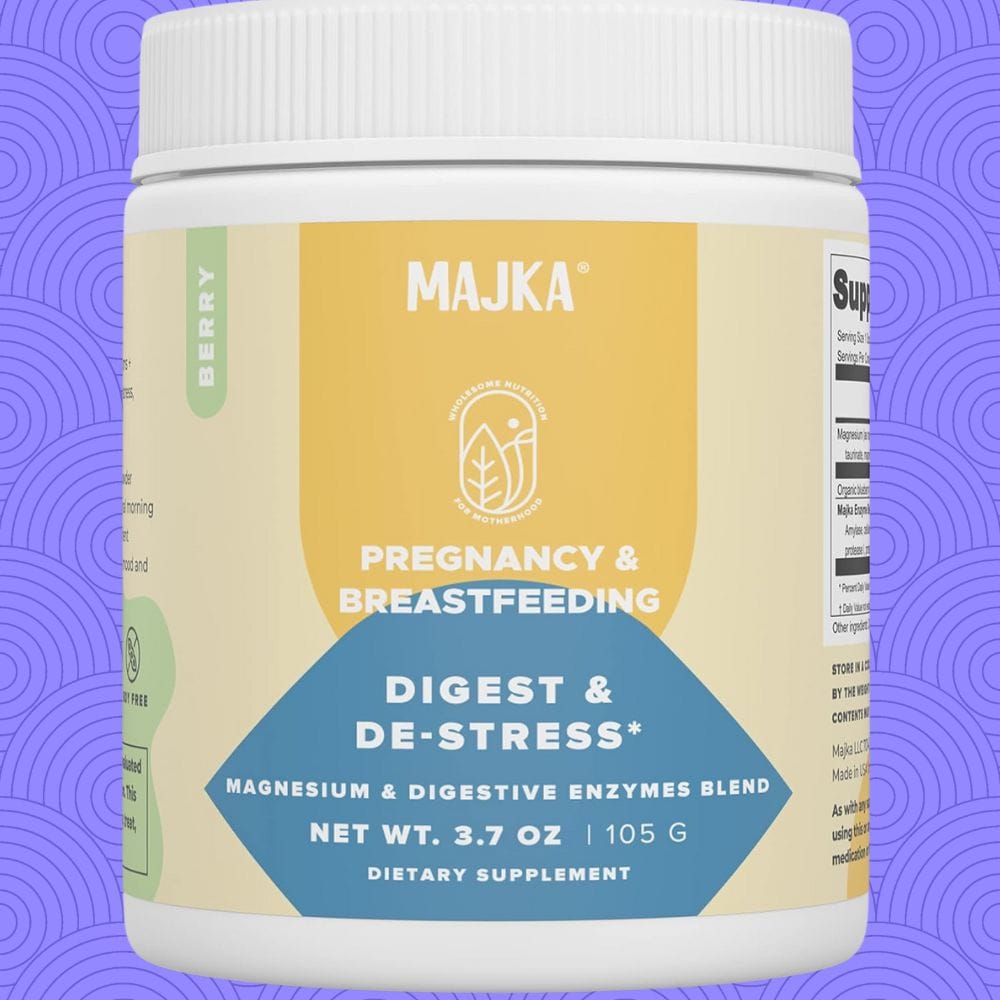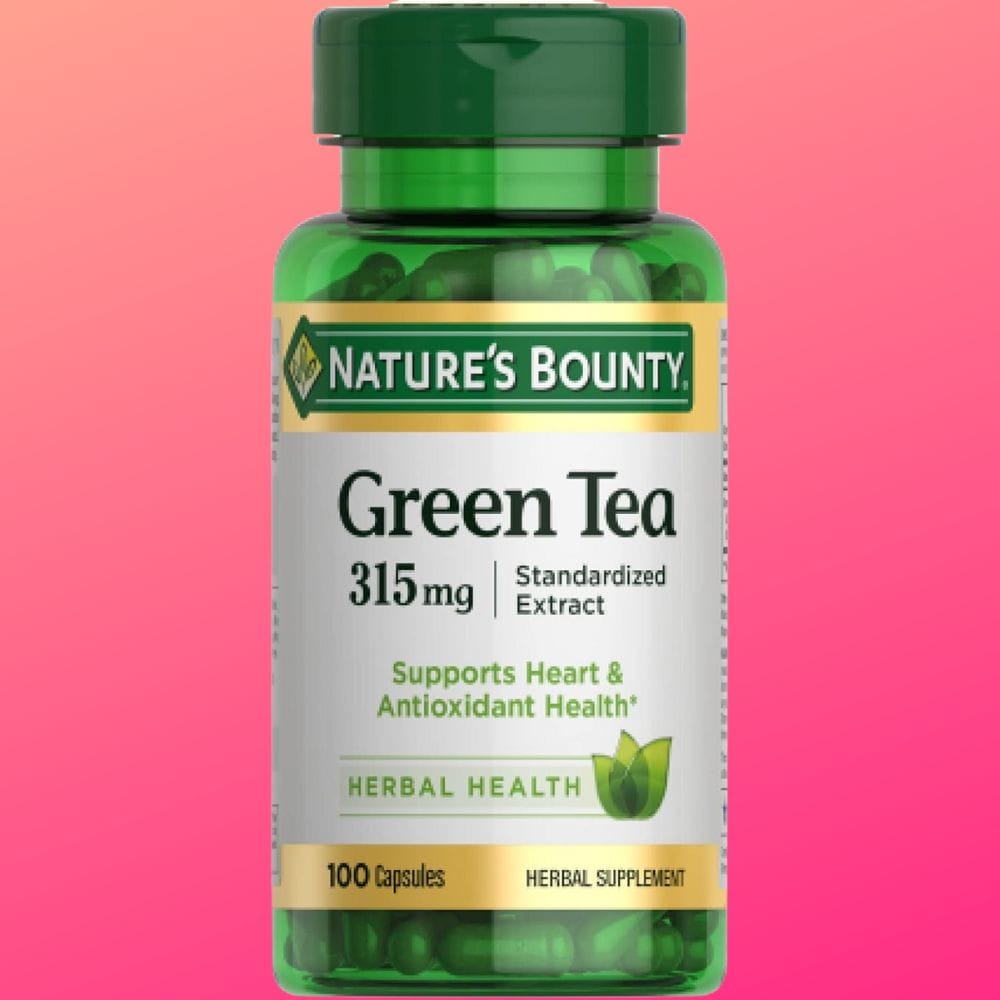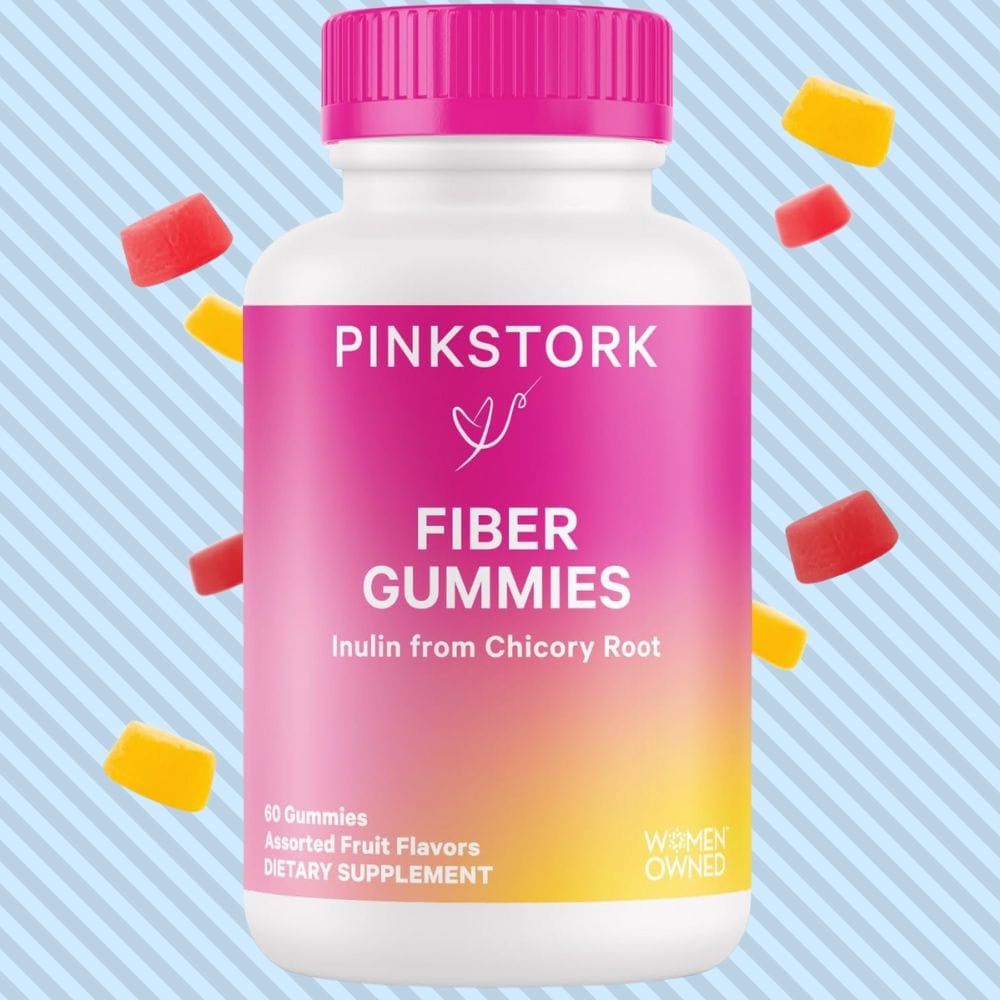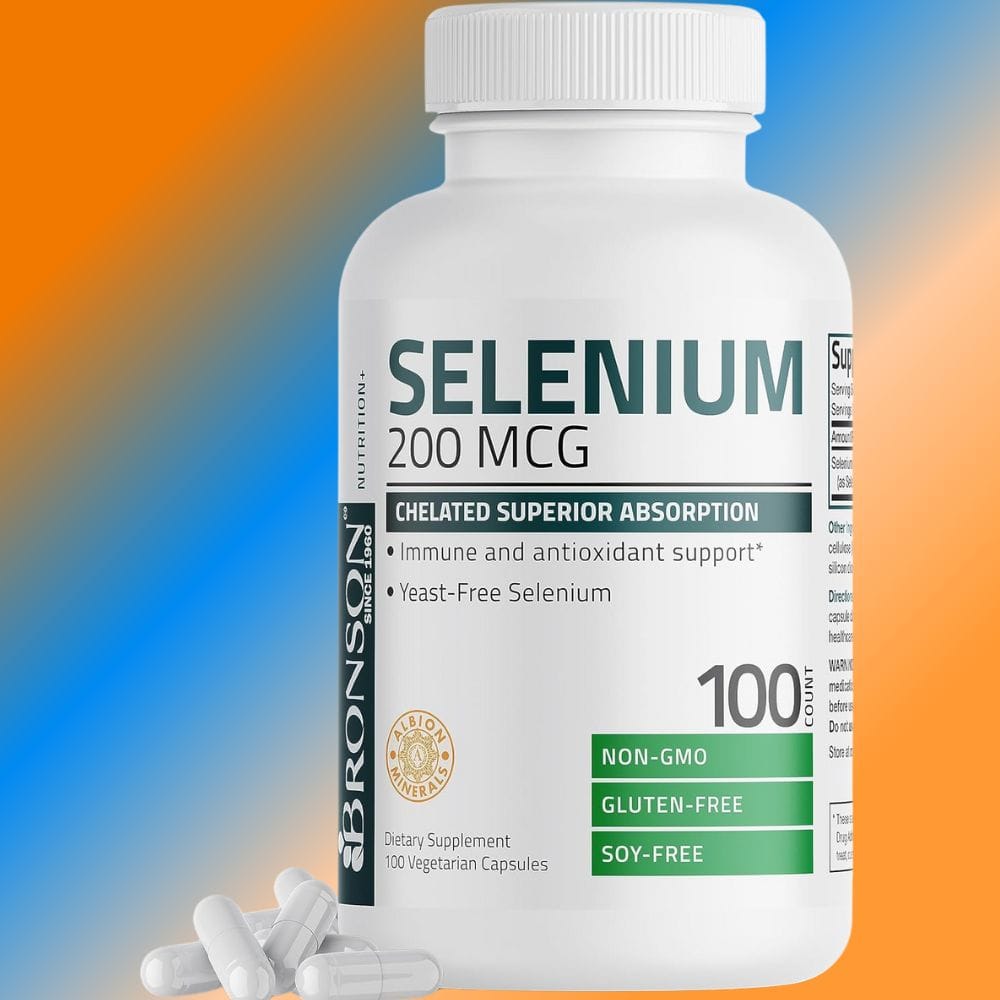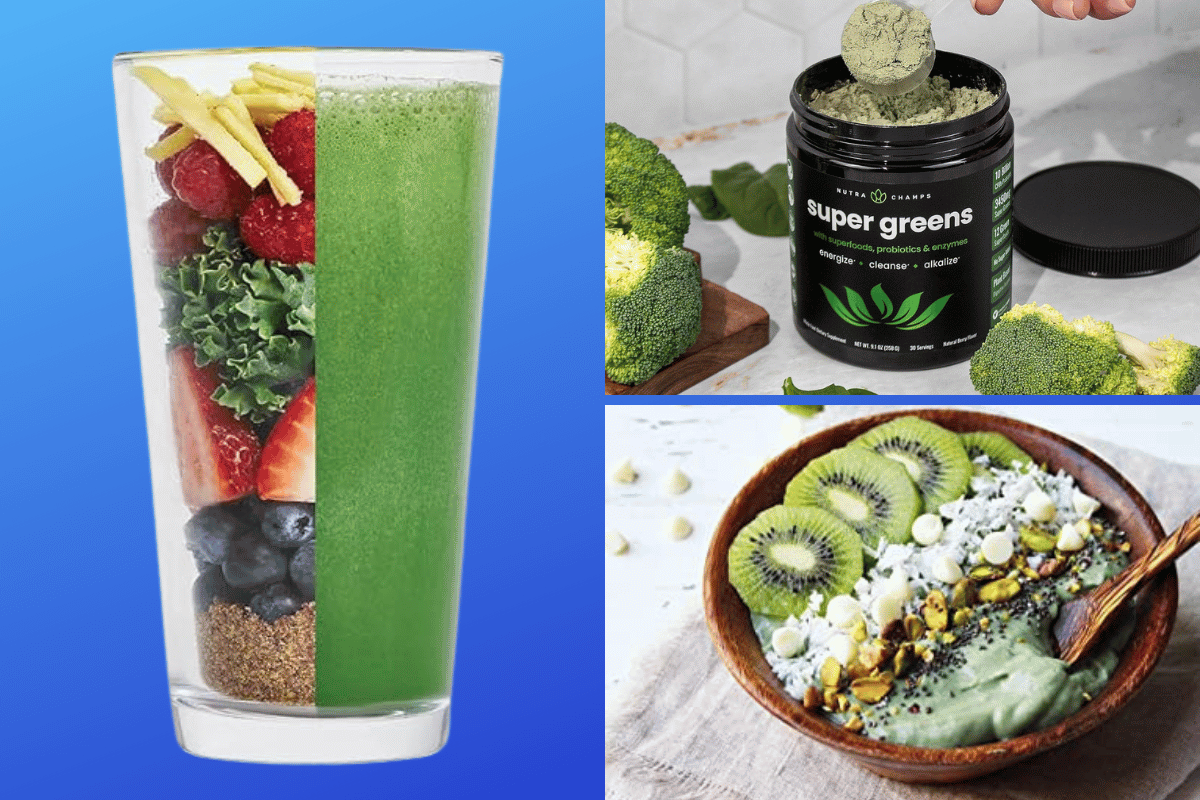Breastfeeding is a miraculous journey, a time when your body nourishes a new life. But it's also a period when your nutritional needs skyrocket.
You're not just eating for two; you're the sole source of your baby's sustenance. That's why choosing the right supplements can be a game-changer for breastfeeding mothers.
With the right support, you can ensure optimal nutrition for both you and your little one. Let's dive into the seven best supplements that can help you maintain a nutritious diet and support your baby's growth and development.
Why We Love It
Even after your bundle of joy arrives, prenatal vitamins remain a staple. They're packed with essential vitamins and minerals that support both mother and baby during the breastfeeding journey.
Exclusive Insights:
- Comprehensive Nutrient Profile: Prenatal vitamins typically contain a balanced mix of nutrients crucial for lactating women, including folic acid, iron, calcium, and vitamin D.
- Supports Milk Quality: These vitamins can contribute to the quality of breast milk, ensuring that nursing mothers provide all the necessary nutrients to their infants.
- Postpartum Recovery: They also play a role in helping new mothers recover during the postpartum period, replenishing iron stores and other nutrients.
Why We Love It
Vitamin D is crucial for healthy bones and immune function, and many breastfeeding women are at high risk for deficiency, especially those with limited exposure to sunlight.
Exclusive Insights:
- Essential for Bone Health: Vitamin D is vital for the development of healthy bones in infants and helps prevent rickets.
- Boosts Immunity: It plays a role in immune system regulation, which is beneficial for both mother and baby.
- Recommended by Experts: The American Academy of Pediatrics advises that breastfed infants receive 400 IU of vitamin D daily, which can be easily administered through drops.
Why We Love It
Omega-3 fatty acids are essential for brain development in infants and can also help breastfeeding mothers maintain their health.
Exclusive Insights:
- Supports Brain and Eye Development: DHA, a type of omega-3, is crucial for the development of a baby's brain and eyes.
- Mood Regulation: Omega-3s can help new mothers manage mood swings and may reduce the risk of postpartum depression.
- Heart Health: These fatty acids are also known for their cardiovascular benefits, which are important for mothers as they recover from pregnancy.
Why We Love It
Calcium is essential for both mother and baby, playing a significant role in bone health and muscular function.
Exclusive Insights:
- Prevents Maternal Bone Loss: During breastfeeding, women may lose bone density. Calcium supplements can help prevent this.
- Aids in Infant Bone Development: Adequate calcium intake is necessary for the development of strong bones in infants.
- Versatile Sources: While dairy is a common source, calcium supplements are crucial for vegan diets or those allergic to dairy.
Why We Love It
Iron is a critical component of hemoglobin, and its deficiency can lead to anemia, which is common among new mothers.
Exclusive Insights:
- Combats Fatigue: Adequate iron levels can help combat the exhaustion many new mothers feel.
- Supports Infant Growth: Iron is transferred through breast milk and is important for a baby's growth and development.
- Monitored Intake: It's important not to consume too much iron, so supplements should be taken under the guidance of a healthcare provider.
Why We Love It
Probiotics can benefit both the digestive systems of breastfeeding mothers and their babies, leading to improved gut health and potentially fewer allergies.
Exclusive Insights:
- Enhances Gut Health: Probiotics can help maintain a healthy gut microbiome, which is important for both mother and baby.
- May Reduce Colic: Some studies suggest that probiotics can reduce the incidence of colic and digestive discomfort in infants.
- Boosts Immune Function: A healthy gut contributes to a stronger immune system, which is beneficial for both parties.
Why We Love It
Certain herbal supplements, such as fenugreek, have been traditionally used to increase milk supply, although more research is needed to fully understand their effects.
Exclusive Insights:
- Natural Galactagogues: Some herbs are known to potentially increase milk production in nursing mothers.
- Complementary Medicine: These supplements can be part of a broader approach to complementary and integrative medicine.
- Consult Healthcare Providers: It's crucial to talk to a healthcare provider before starting any herbal supplement, as they can interact with other medications.
Why We Love It
When it comes to safeguarding the health of a breastfeeding mother and her baby, Vitamin C is a superhero among dietary supplements. It's not just about sipping on citrus fruits; it's about ensuring that both mom and baby have a robust immune system.
For the breastfeeding mother, adequate intake of Vitamin C is crucial as it helps in the absorption of iron, a vital mineral that many women need in ample supply during this period. Plus, it's a key player in the repair and growth of tissues, making it essential for healing post-birth.
But let's not forget the little ones. Human milk naturally contains Vitamin C, but the amount can vary based on the mother's intake. Since infants rely solely on breast milk or formula in their early months, a breastfeeding mother must consume enough Vitamin C to pass on its benefits through her milk.
While severe deficiencies are rare, ensuring an adequate supply through certain foods or a daily multivitamin can help maintain optimal levels for both mom and baby, keeping those pesky colds at bay.
Why We Love It
Amid the joy of motherhood, fatigue, and mood swings can be all too common for new moms. Enter the B vitamins – a group of eight essential nutrients that include thiamine (B1), riboflavin (B2), niacin (B3), pantothenic acid (B5), pyridoxine (B6), biotin (B7), folate (B9), and cobalamin (B12).
These certain vitamins are like the unsung heroes for a breastfeeding mother, playing a pivotal role in energy production and the proper functioning of the nervous system. Most women don't realize the power these vitamins hold in helping to stabilize mood and keep energy levels steady.
Moreover, B vitamins are crucial for the development of the baby's brain and nervous system. While many prenatal and postnatal vitamins include a recommended dietary allowance of B vitamins, it's also beneficial to consume them through a diet rich in whole grains, lean meats like chicken and red meat, and leafy greens.
Adequate nutrients from B vitamins not only support the mother's health but also ensure that the mother's milk is well-equipped to nourish her growing baby. It's a win-win for maintaining vitality and well-being during the postnatal journey.
Why We Love It
Choline might not be the first nutrient that comes to mind when you think about breastfeeding supplements, but it's a star player in the development of your baby's brain. Found naturally in mother's milk, choline supports the growth of the brain and spinal cord.
It's crucial for cognitive function and may even help in preventing memory decline later in life. While eggs and meat are good sources, supplements ensure you're getting enough, especially since the National Institutes of Health suggests increased choline intake for breastfeeding moms.
However, before you rush to add choline to your cart, it's important to consider the dietary guidelines for pregnant women and nursing mothers. Choline supplements come in various forms, and not all are created equal.
Some studies, including randomized controlled trials, have shown that certain nutrients can interfere with choline absorption, so it's wise to consult with a healthcare provider. They can guide you on how to balance choline with other supplements and ensure you're not exceeding large doses that could have adverse effects.
Why We Love It
Zinc is like the quiet backbone of the mineral world, especially for breastfeeding moms and their babies. It plays a vital role in immune function, cell growth, and repair, and it's a key component in over 300 enzymes in the body.
For nursing mothers, ensuring adequate zinc intake is essential, as it helps in healing and recovery post-delivery. Plus, it's critical for infants, as zinc deficiency can lead to impaired growth and immune function.
But here's the kicker: while zinc is a superhero, it needs to be taken in moderation. The American College of Obstetricians and Gynecologists notes that while breastfeeding women need more zinc than pregnant women, too much can lead to unwanted side effects.
Foods like beef, spinach, and pumpkin seeds are calcium-rich foods that also contain zinc, promoting better iron absorption. Remember, balance is key, and while supplements can help, they should complement a varied diet, not replace it. Always check with a healthcare provider to tailor your zinc intake to your specific needs.
Why We Love It
When it comes to maintaining a sense of calm and supporting muscle function, magnesium is a superstar. Often overshadowed by calcium, this mineral plays a crucial role in over 300 biochemical reactions in the body.
For breastfeeding moms, it's not just about keeping their stress levels in check; adequate magnesium levels are also essential for regulating mood and sleep, which can be particularly beneficial when navigating the new rhythms of motherhood.
Moreover, magnesium works in tandem with calcium to ensure proper muscle contraction and relaxation, which can help alleviate the cramps and aches that sometimes accompany nursing. While leafy greens and nuts are great calcium-rich foods, they're also packed with magnesium, making them a two-for-one deal for nutrient-seeking moms.
Remember, though, before you dive into any supplement, it's always wise to consult with a healthcare provider, especially when you're responsible for two.
13. Green Tea Extract: A Gentle Metabolic Boost
Green tea extract can be a gentle companion for moms looking to lose weight post-pregnancy. It's been studied extensively, and while not a magic pill, some randomized controlled trials suggest that the catechins in green tea may help boost metabolism.
However, moderation is key, as too much caffeine can be counterproductive, especially for breastfeeding moms whose babies might be sensitive to caffeine. But here's where it gets interesting: green tea isn't just about helping moms lose weight.
It's also packed with antioxidants that support overall health. While there's not enough research to conclusively recommend green tea extract as a staple for breastfeeding mothers, it's worth discussing with a healthcare professional, particularly if you're looking for a natural way to support your weight loss goals.
Just be sure to opt for decaffeinated versions to keep it baby-friendly, and always check with a healthcare provider before adding herbal products to your routine.
Why We Love It
When it comes to postpartum nutrition, fiber might not be the first thing that springs to mind, but it's a game-changer for breastfeeding moms. A diet rich in fiber helps maintain a healthy digestive system, which is crucial when your body is working overtime to produce mother's milk.
Not only does it keep things moving smoothly, but it also helps regulate blood sugar levels, keeping those post-meal crashes at bay.
Moreover, consuming fiber-rich foods can be a natural complement to calcium-rich foods, as they often go hand-in-hand with nutrient-dense vegetables like broccoli and kale.
While supplements are beneficial, getting fiber from whole foods ensures you're also getting a plethora of other vitamins and minerals essential for both mom and baby's thriving health. Remember, a happy gut means a happy mom and a well-nourished mom means a well-nourished baby.
Why We Love It
Selenium may be a trace mineral, but its impact on health is significant, especially for breastfeeding mothers. This powerful antioxidant helps protect the body from damage caused by free radicals, which can be particularly beneficial when the immune system is taxed during postpartum and breastfeeding. Selenium also plays a role in thyroid function, which can affect energy levels and overall well-being.
A randomized controlled trial published by the National Center for Biotechnology Information highlighted selenium's importance in maternal and infant nutrition. While it's not as commonly discussed as other supplements, selenium can be easily incorporated into a breastfeeding mom's diet through foods like Brazil nuts, whole grains, and seafood.
It's a small addition that can make a big difference in supporting the intricate dance of hormones and nutrition that sustains both mother and baby during this critical time.
Nourish Your Body, Nourish Your Baby
Breastfeeding women have unique nutritional needs that are critical to meet for both their health and their baby's development. By incorporating these seven supplements into your routine, you can ensure optimal health and provide the best possible nutrition for your little one.
Remember to consult with your healthcare provider before starting any new supplement regimen to tailor it to your specific needs.
As you navigate the beautiful, challenging journey of breastfeeding, take comfort in knowing that you're doing everything you can to support your baby's growth and well-being. With the right supplements, a nutritious diet, and the guidance of healthcare professionals, you can thrive during this special time with your new baby.
Your Supplement Guru,
Kim
FAQ's
Can I take supplements while breastfeeding?
Absolutely! However, it's crucial to choose supplements that are safe for both you and your baby. Stick to prenatal vitamins, omega-3 fatty acids, and vitamin D supplements recommended by healthcare professionals. Always consult your healthcare provider before adding any new supplements to your routine.
What nutrients are essential for breastfeeding moms?
Breastfeeding moms often require additional nutrients such as calcium, iron, vitamin D, and omega-3 fatty acids. While a balanced diet is the primary source, supplements can help fill any nutritional gaps. Discuss your specific needs with your healthcare provider to determine the right supplements for you.
Are herbal supplements safe during breastfeeding?
Not all herbal supplements are safe during breastfeeding. Some herbs may affect milk supply or have potential side effects for your baby. Always consult with your healthcare provider before taking any herbal supplements, and inform them about any alternative or complementary products you are considering.
How does my diet affect my breast milk quality?
Your diet plays a crucial role in the quality of your breast milk. Focus on a well-balanced, nutrient-rich diet with plenty of fruits, vegetables, lean proteins, and whole grains. If you have dietary restrictions or concerns, discuss them with your healthcare provider, who can guide you on appropriate supplements to ensure your baby receives optimal nutrition.
Can I continue taking my prenatal vitamins while breastfeeding?
Yes, continuing prenatal vitamins while breastfeeding is often recommended. These vitamins provide essential nutrients for both you and your baby. However, it's advisable to check with your healthcare provider to ensure the dosage is appropriate for the postpartum period. Additionally, they may suggest additional supplements based on your individual needs and health status.





